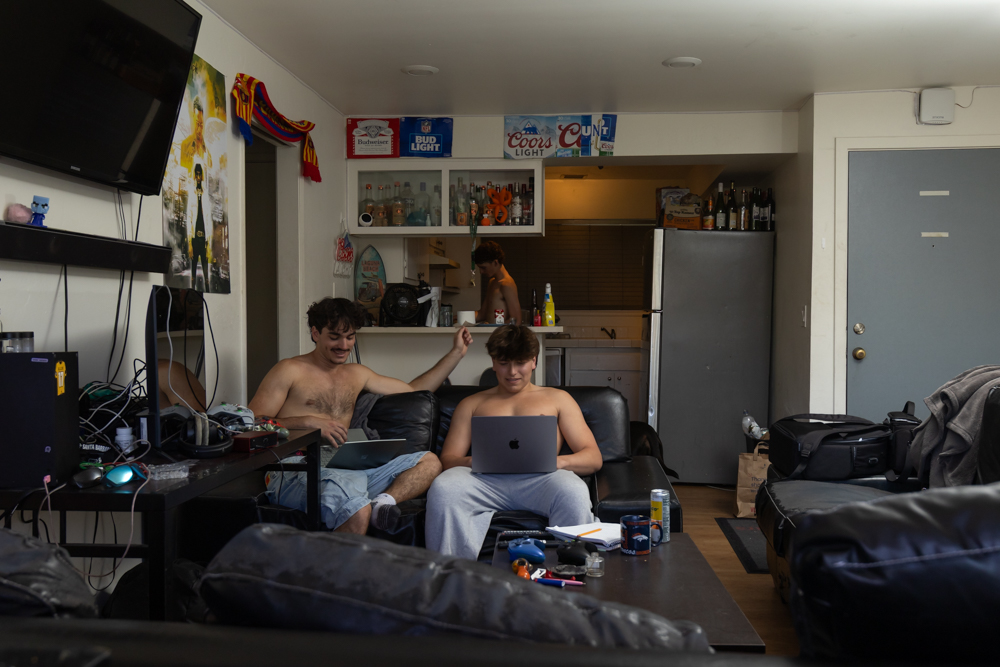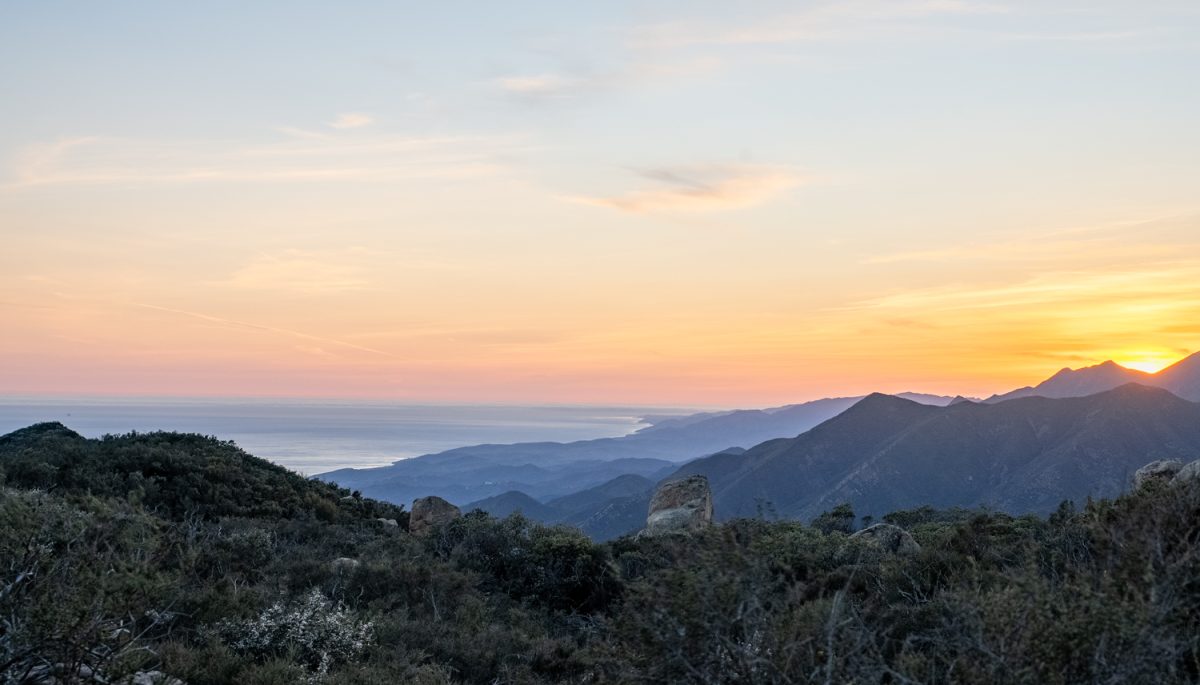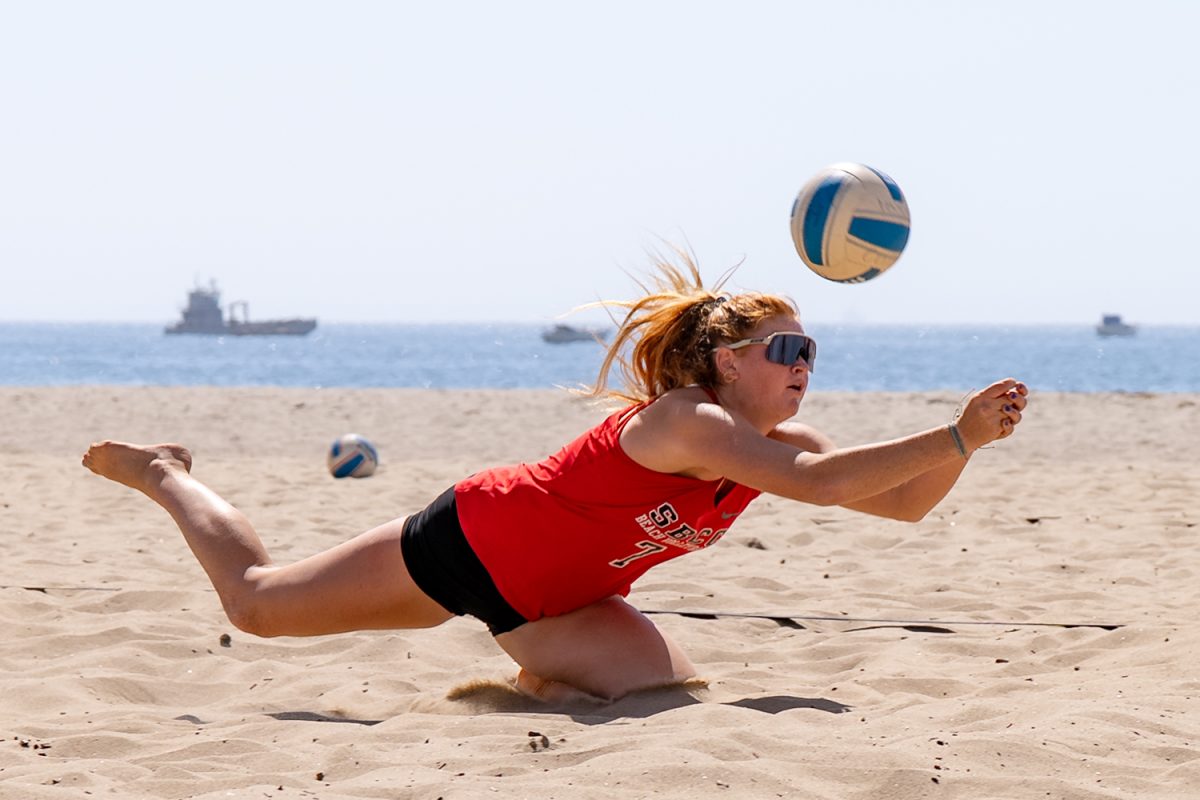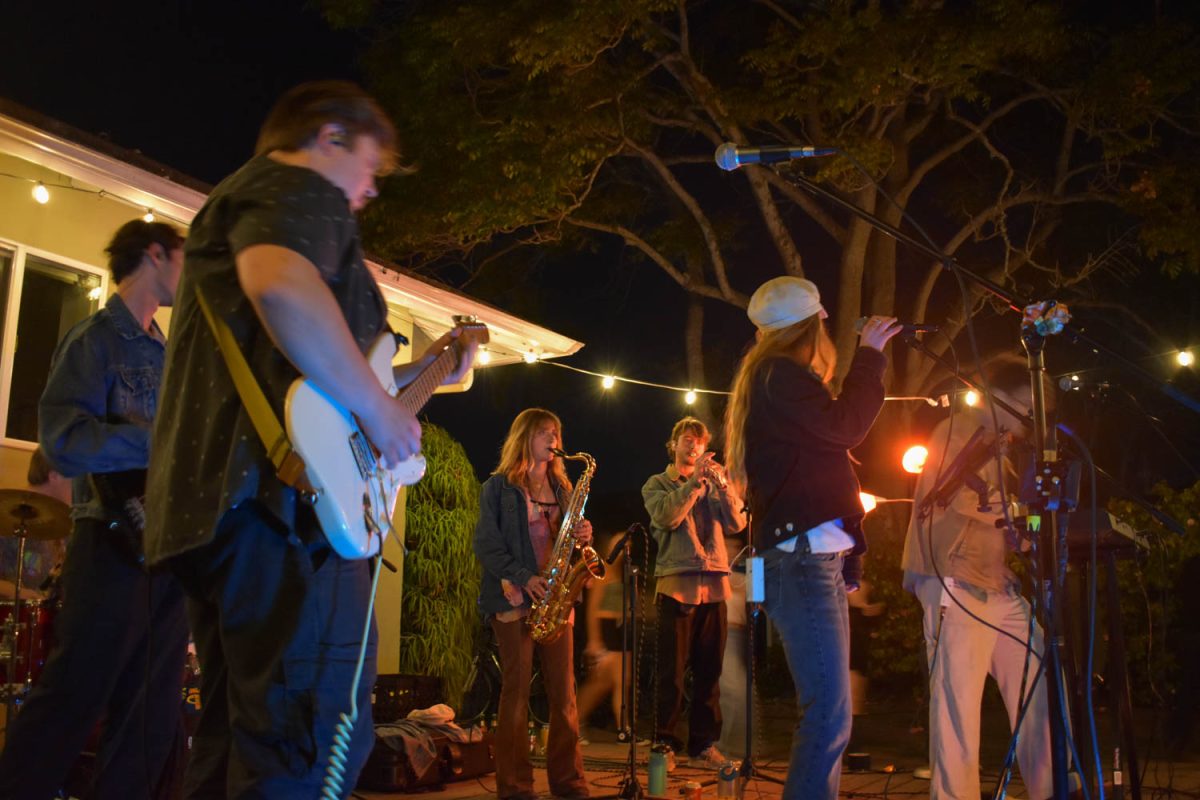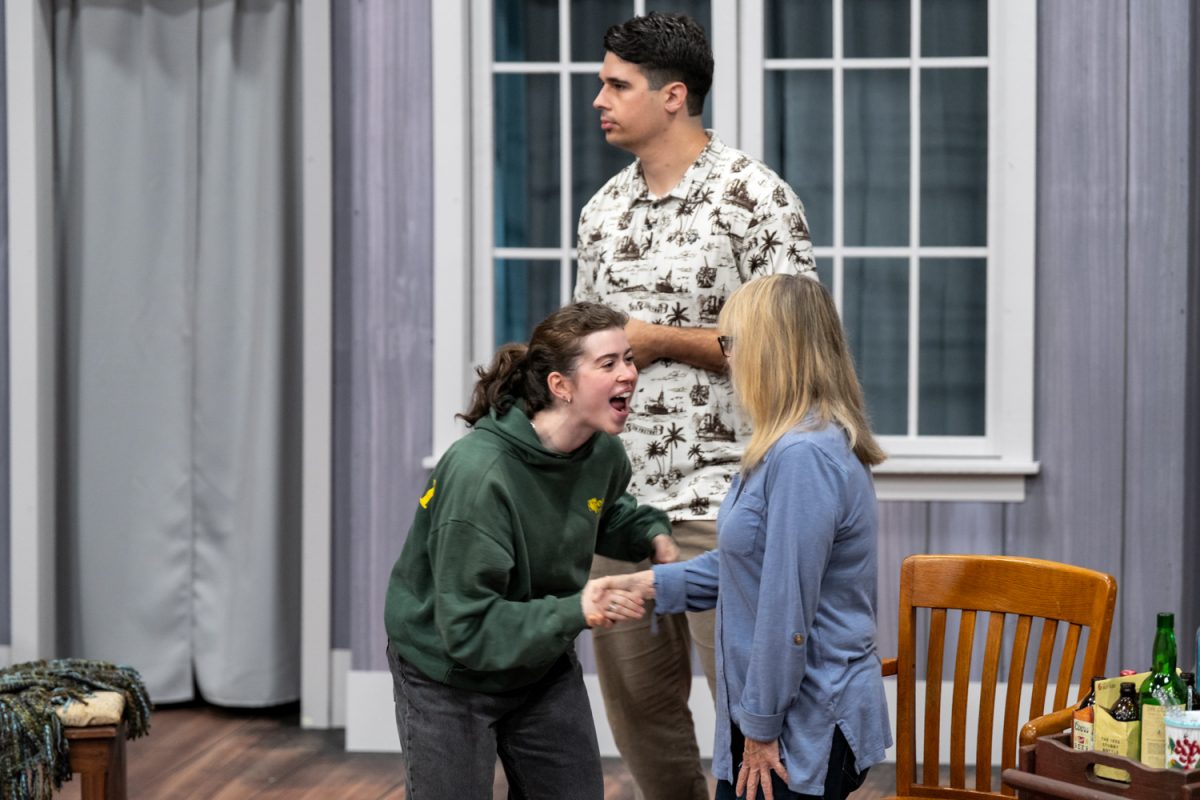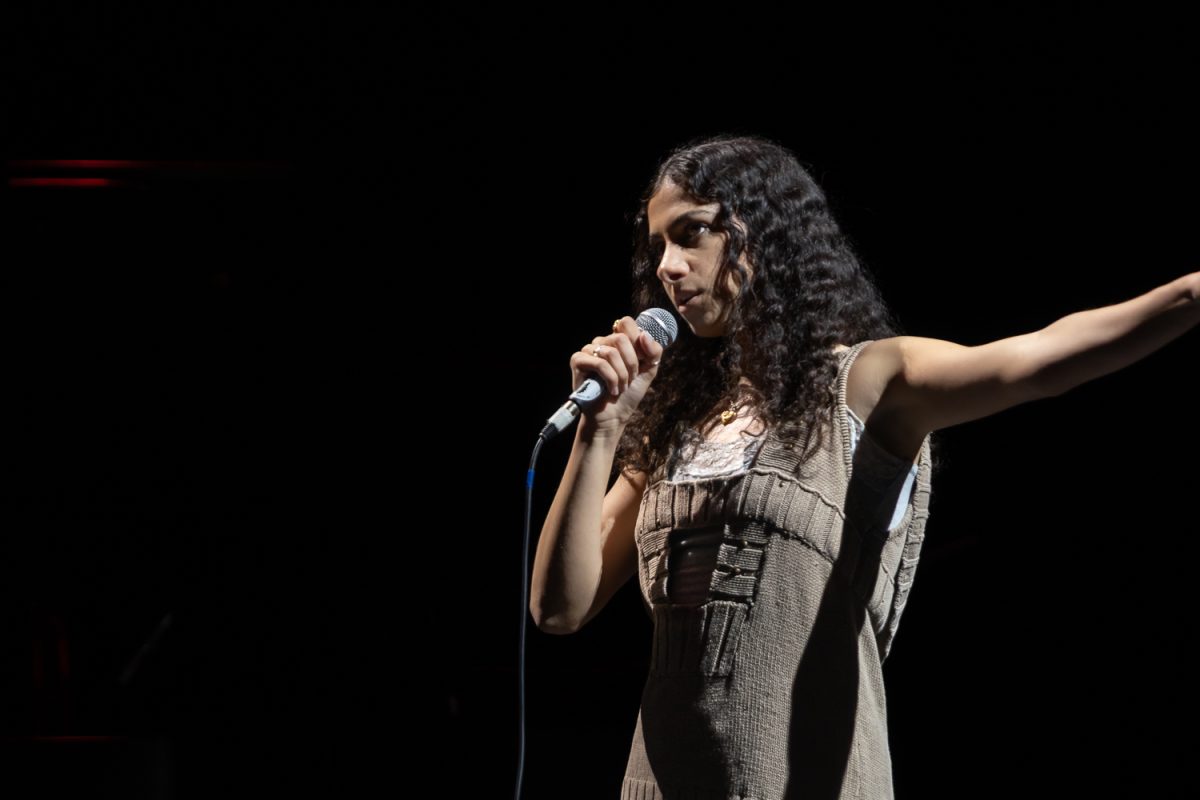When City College student Diego Lazcano was growing up, he was told he was Mexican by blood but American by birth.
As the only American-born member of his family, Lazcano had difficulty self-identifying while growing up. He was Mexican-American, according to his parents—not quite American but not quite an immigrant.
It wasn’t until college that Lazcano realized there were other options.
Now, Lazcano identifies as Chicano, an activist term that originated in the ’60s to represent empowerment.
“No one’s born a Chicano,” said Lazcano. “It’s something you grow into.”
Lazcano is the current chair of City College’s MEChA, a Chicano activist group.
MEChA has given Lazcano “a stronger sense of identity and a much stronger sense of community,” he said. It’s a safe place for people to embrace their identities, and “it’s become a little bit of a beacon to create that space,” said Lazcano.
Lazcano was instrumental in bringing MEChA back to campus in spring 2019 after it had been dormant for years.
“If we don’t do it, no one is going to,” said Lazcano.
“He’s a really sharp, bright student,” said Thomas Carrasco, chair of American Ethnic Studies and MEChA advisor. “He always put his community first.”
Carrasco noticed Lazcano’s passion in one of his classes and encouraged him to bring back MEChA.
“He’s infatuated with Chicano/Chicana culture,” Carrasco said. “He has a passion to help people.”
Lazcano had to grow into this infatuation, however, as he had very little connection to his culture when he was younger.
There was a moment after his childhood that Lazcano realized, “wait, not every kid had to go through this.”
As a native Spanish speaker, cultural allusions and teachers’ colloquial diction left Lazcano in the dark.
“It constantly felt like I missed a meeting,” he said.
“I remember it being almost segregated in preschool,” he said, as he played with Spanish-speaking children and didn’t often mingle with English-speakers.
Lazcano never saw his culture reflected in the lessons.
“You either have a window or a mirror,” he said. “There wasn’t many mirrors that were reflecting my identity.”
It wasn’t until high school that Lazcano heard the term “Chicano.”
The term opened his eyes to a new way to identify and look at his culture.
Lazcano began to learn about his culture through social justice groups and connected with the idea of indigeneity and participating in traditional activities, such as going to a sweat lodge.
“You’re experiencing reality in ways that you never had before and reconnecting to your indigeneity,” he said.
MEChA has helped Lazcano get in touch with his indigeneity. Most Mexicans are “at least a little indigenous”, but celebrating that “is very much shunned in Mexican culture,” he said.
Spanish colonialism brought a cast system that placed natives on the lowest level, and that hasn’t worn off.
Lazcano has chosen to embrace his indigeneity by participating in traditional Danza Azteca and learning about his history.
“We are not criminals or immigrants because we are actually native to this land,” said Lazcano.
He brings this outlook to MEChA.
As MEChA chair, Lazcano takes a leadership role but allows the group to participate in decision making, said Isa Saldivar, a member of MEChA.
‘It’s really awesome,” Saldivar said. “He’s really passionate and you can tell that his community means a lot to him.”


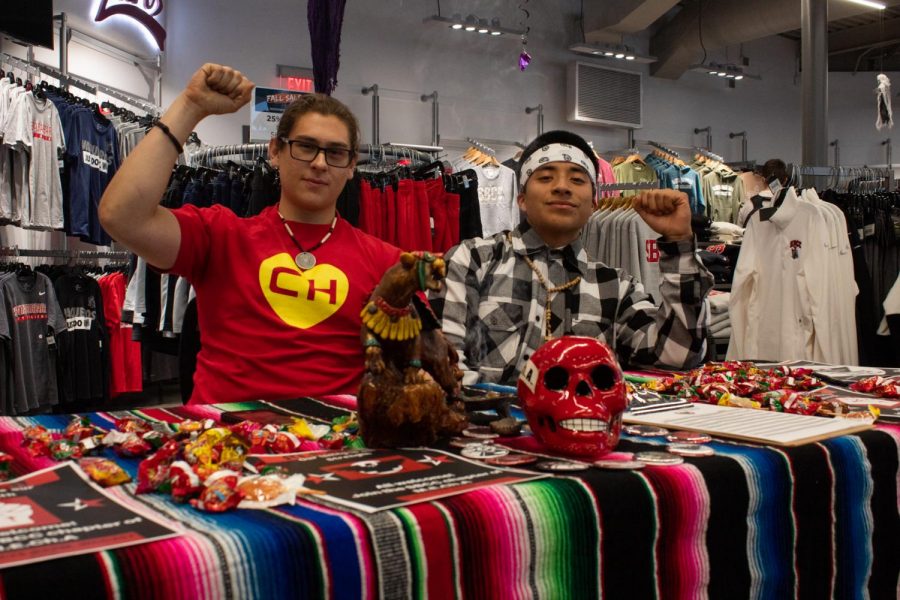

![Milton Alejandro Lopez Plascencia holds a flag showcasing the United States and Mexico on Feb. 7 in Santa Barbara, Calif. “It’s heartbreaking to see what is happening all across the country,” Lopez Plascencia said. “I [want] my voice to be heard by the community.”](https://www.thechannels.org/wp-content/uploads/2025/05/MGSImmigration-1-1200x800.jpg)

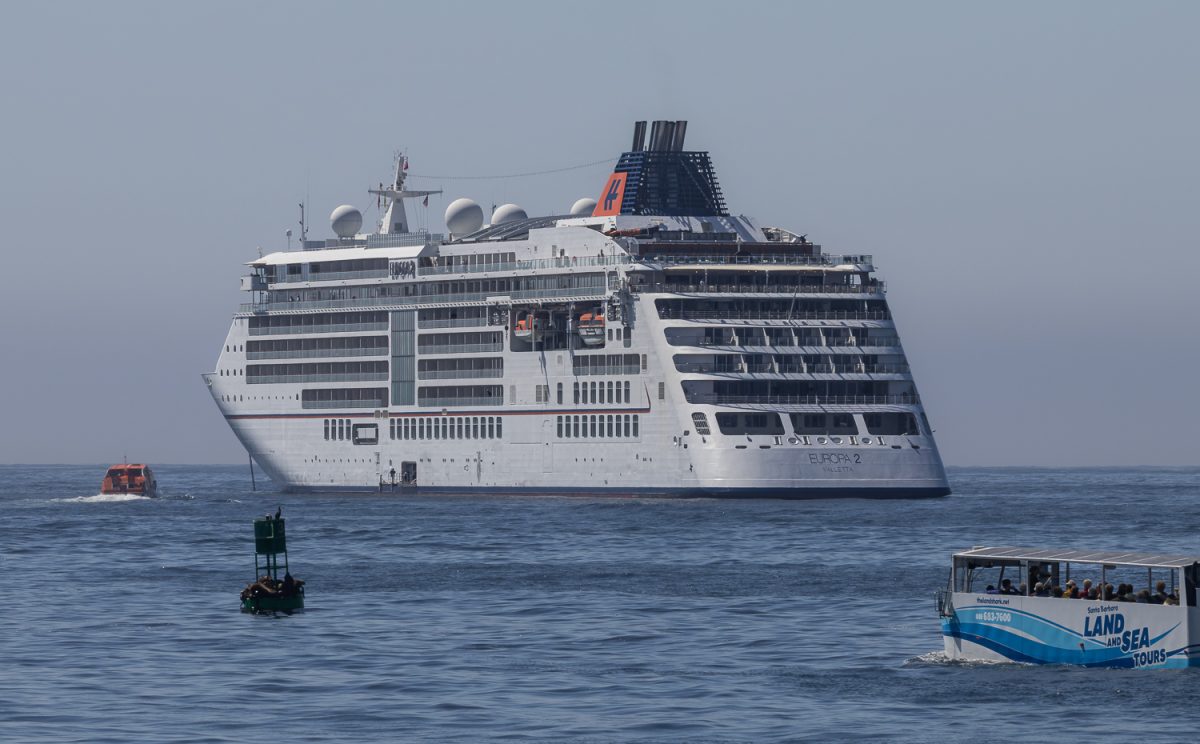
![The new Dean of Social Science, Fine Arts, Humanities and English, Eric Hoffman beams on May 2 in Santa Barbara, Calif. "My major professor in college [inspired] me," Hoffman said. "You can really have a positive impact on people's lives in education."](https://www.thechannels.org/wp-content/uploads/2025/05/MGSHoffman-2-1200x800.jpg)
